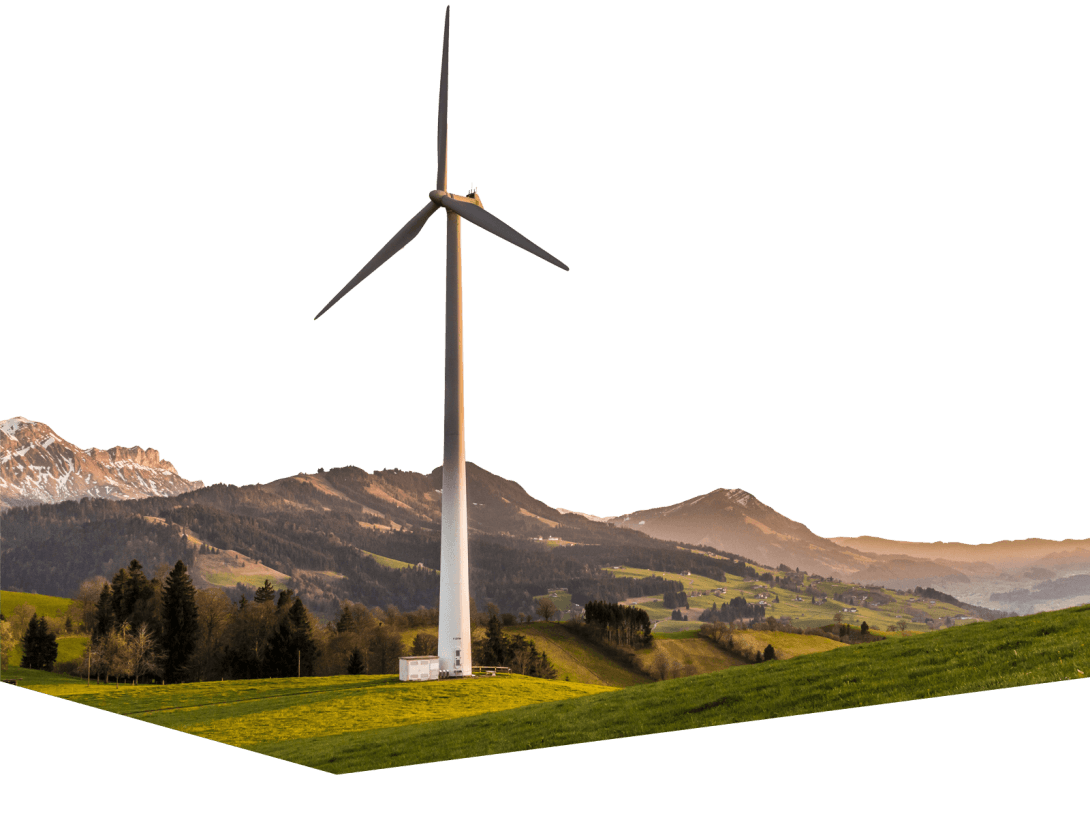The EU has set ambitious climate change mitigation goals as part of their Green Deal. In order to foster development of the greener technologies required to meet these goals, the Net Zero Industry Act is set to shorten approval times for projects and introduce government support for specific technologies. In addition, the EU plans to make it harder for China to bid on public tenders for these technologies, in order to ensure that 40 percent of the green technologies installed each year come from within the EU by 2030.
Strategically important technology
The European Commission tabled the proposal for the Net Zero Industry Act in spring; now, the Council of Ministers has stated their support for the plan. However, member states want to make changes and expand the list of strategically important technologies marked for special treatment. In addition to the eight strategic technologies proposed by the European Commission – including wind turbines, solar panels, batteries, heat pumps, electrolysers and biogas technologies – member states are calling for the addition of nuclear power and sustainable aviation fuel (SAF). The European parliament, which must also approve the law, had already indicated, in November, that it wanted to see these technologies added to the list.
The Council of Ministers has also adopted another proposal made by the parliament: that the list of strategic technologies be updated regularly. Technologies on this list will benefit from faster approval times. Approval deadlines for building factories that produce these technologies, or for CO2 capture, will be set between nine and twelve months, depending on their size. The goal is to have them up and running within 18 months. The parliament is calling for even shorter deadlines.
Reducing dependencies
In addition, both the European parliament and the Council of Ministers propose reducing the threshold at which dependency on a single country is considered too great. This threshold is mostly aimed at China, even if the country is not named specifically. Access to public tenders from a specific country should, based on their proposal, be restricted if more than half of the supply comes from that country. The Commission originally planned to set the limit at a dependency of 65%.
The Net Zero Industry Act can only take effect once both European institutions (parliament and council) have come to a joint agreement, the deadline for which is the beginning of February. However, the plan to expand the list of technologies considered strategic, proposed by the Council of Ministers and, above all, the European parliament, is controversial. Critics say that this would remove focus from those technologies decisive for guaranteeing the effectiveness of the green deal.

